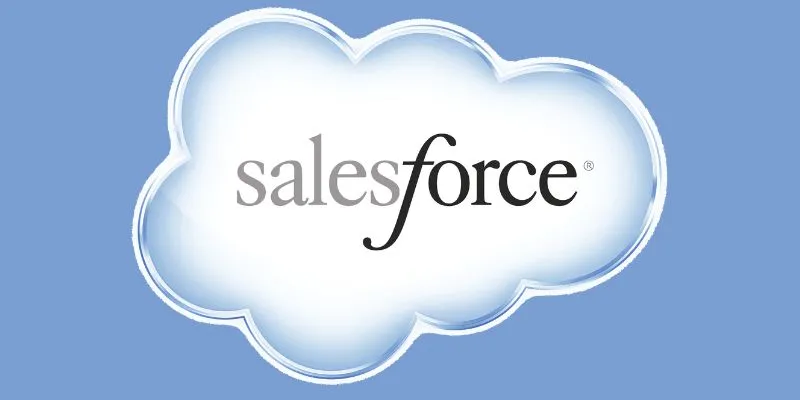In today’s digital age, data security is paramount for businesses of all sizes. As more organizations adopt Salesforce as their Customer Relationship Management (CRM) solution, ensuring the security of sensitive information within the platform becomes crucial. In this blog post, we’ll explore some of Salesforce Security’s best practices for maintaining robust security within Salesforce to protect your data and maintain customer trust. If you’re looking for Salesforce Training in Chennai, understanding these security measures is essential for ensuring the integrity of your CRM implementation.
Understanding the Salesforce Security Model
Salesforce employs a robust security model designed to protect data at multiple levels. It includes role-based access control, field-level security, object-level security, and encryption. Understanding how these components work together is essential for implementing effective security measures.
Implementing Role-Based Access Control (RBAC)
Role-Based Access Control (RBAC) is a fundamental aspect of Salesforce security. By assigning users to specific roles and defining the access levels associated with those roles, you can ensure that individuals only have access to the data and functionality necessary for their job responsibilities. Regularly review and update roles as organizational needs evolve to maintain an optimal security posture.
Enforcing Strong Password Policies
Weak passwords are a common entry point for cyberattacks. Enforce strong password policies within your Salesforce instance, requiring users to create passwords that meet certain complexity requirements. Additionally, consider implementing multi-factor authentication (MFA) to add an extra layer of security, requiring users to provide additional verification beyond just a password. Understanding these security measures is crucial for individuals undertaking a Salesforce Course offered by FITA Academy, as they form the foundation of protecting sensitive data within the CRM platform.
Monitoring User Activity with Audit Trails
Audit trails in Salesforce provide a detailed record of user activity within the platform. Review audit trail data regularly to identify suspicious or unauthorized activity. You can quickly detect and respond to potential security threats by monitoring user behaviour.
Securing Data with Encryption
Encrypting sensitive data adds additional protection. Ensuring that even if unauthorized users gain access to the data, they cannot decipher it without the encryption key. Salesforce offers encryption capabilities for both data at rest and data in transit. Evaluate your organization’s data protection needs and implement encryption where appropriate to safeguard sensitive information.
Regular Security Assessments and Penetration Testing
Regularly assess the security of your Salesforce implementation through comprehensive security assessments and penetration testing. Identify and address any vulnerabilities or weaknesses before they can be exploited by malicious actors. Engage with security experts or consultants to conduct thorough assessments and ensure your Salesforce instance remains secure.
Training and Awareness Programs for Users
Human error is often a significant factor in security breaches. Educate your Salesforce users about security best practices and potential threats through training and awareness programs. Teach them how to recognize phishing attempts, the importance of safeguarding their login credentials, and how to report suspicious activity promptly.
Protecting your organization’s data is a continuous effort that requires proactive measures and ongoing vigilance. You can maintain a secure Salesforce environment. Safeguard your sensitive information by implementing the best practices outlined in this blog post and staying informed about emerging threats and security trends. Remember, it’s better to be proactive than reactive when it comes to security. If you’re pursuing Salesforce Training in Bangalore, understanding and implementing these security measures will be invaluable in your journey towards becoming a proficient Salesforce professional.

